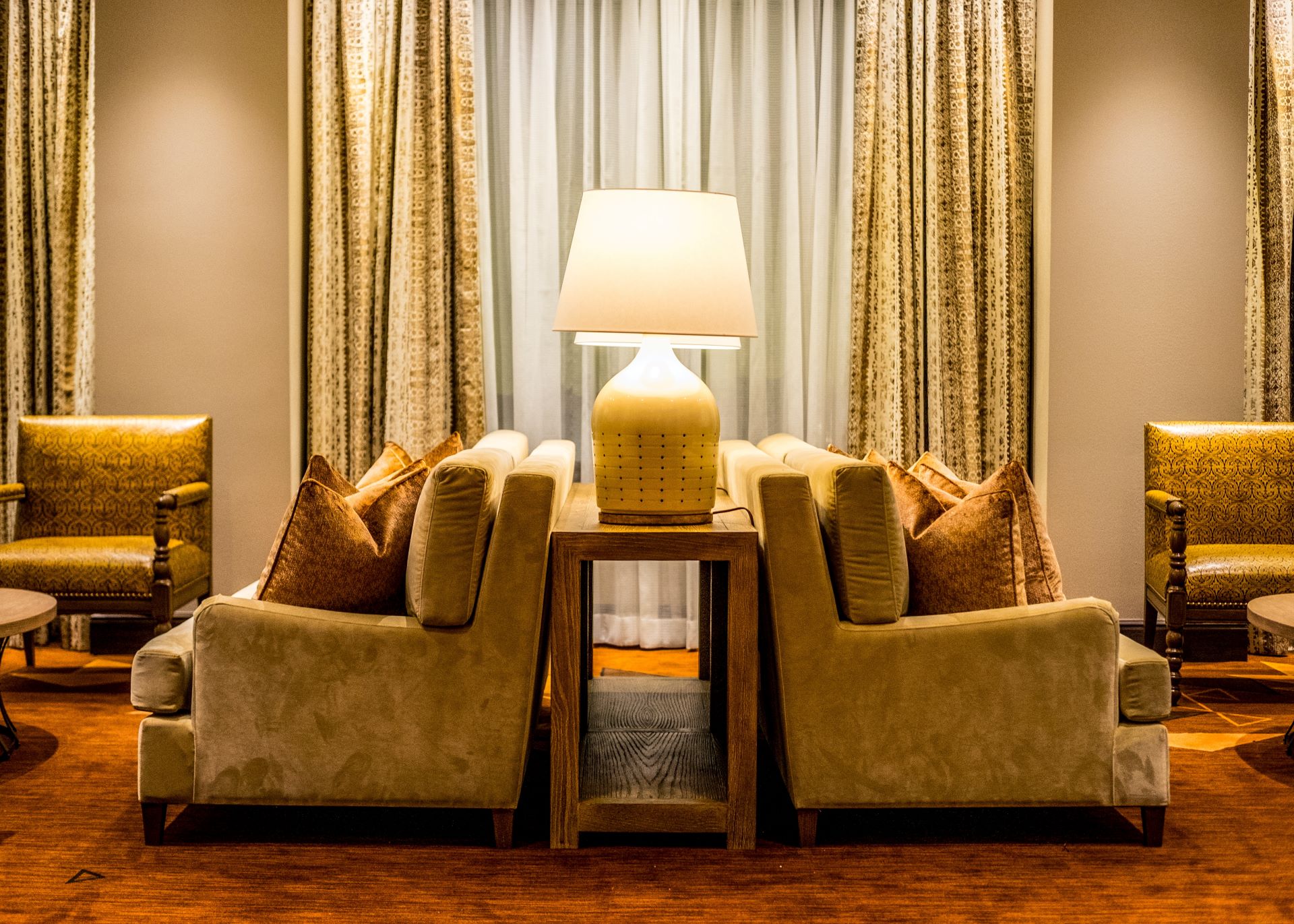
Hotels remain at the top of the preference list for travelers.
The housing industry is witnessing a shift in preferences when it comes to travel accommodations. With efforts made for travel to become more accessible and affordable, hotel chains and rentals compete to attract the modern traveler. Although Airbnb and rental properties seem to populate almost any city, travelers’ expectations and attitudes still remain the driving force for how they behave when it comes to travel plans and decisions on their stay.
But this growing curiosity to know which accommodation method wins the race is why we set off to discover further whether people are choosing the novelty new culture that Airbnb and other rental platforms bring or if the choice remains to be the accessible, gracious hotel room.
So, what did we find? Hotels remain at the top of the preference list for travelers. According to recent data findings, 68% of respondents prefer to stay in hotels compared to 15% who choose Airbnb. This means that most travelers still admire the hotel experience, even with the popularity of Airbnb. While this maintains across generational breakdowns, there are significant differences across age groups. Gen Z is the prominent group in choosing Airbnb over hotels, with 21% stating they use Airbnb the most often. Alternatively, most Gen X prefer to stay in hotels, with 74% choosing to book hotel rooms.
Regarding convenience, Boomer II+ respondents are the most likely to give importance and choose one housing over another because of convenience. They make up the most significant percentage, with 64% admitting that they would prefer the housing option that is the easiest to find and access. On the other hand, millennials find hotels more convenient than other housing options, with 54% favoring hotels over rental properties.
Safety is a vital aspect when choosing a place to stay when traveling. Over 40% of Millennials feel the safest in hotels compared to other housing options. This indicates that hotels’ safety standards meet the traveler’s expectations, leading to more revenue and reputation. Airbnb, however, has improved its safety measures after facing backlash over some issues concerning user safety. Nevertheless, it will take time before audiences can trust and feel safe in Airbnb establishments.
But what about people picking Airbnb? The reason why travelers choose Airbnb over hotels and rental properties is that Airbnb’s typically closer to where they need to be. Approximately 30% of Millennials will likely choose Airbnb over other housing options because of this convenience factor alone. Airbnb can also offer a unique and personalized traveling experience than the traditional hotel setting, with hosts giving travelers a glimpse of the local culture and the chance to stay in places more likely to be off the beaten path. For many people, the addition of a larger home when traveling with a substantial group of people, Airbnb is the appropriate option, suited for larger gatherings, communal spaces, and a more rooted experience of the surrounding area.
Overall, people believe that the place they stay on vacation greatly impacts their travel experience. While Hotels remain the top preference for most when traveling, Airbnb has made some headway in attracting audiences through its convenience and unique service offerings. Although safety remains a critical factor for individuals preferring one over the other, several variables play into the behaviors of where travelers choose to stay. But what does it mean for Airbnb and other platforms as we advance? They need to work harder to keep up with the perception that hotels have constructed for decades and the growing competitive marketplace the travel industry has and continues to build up.




